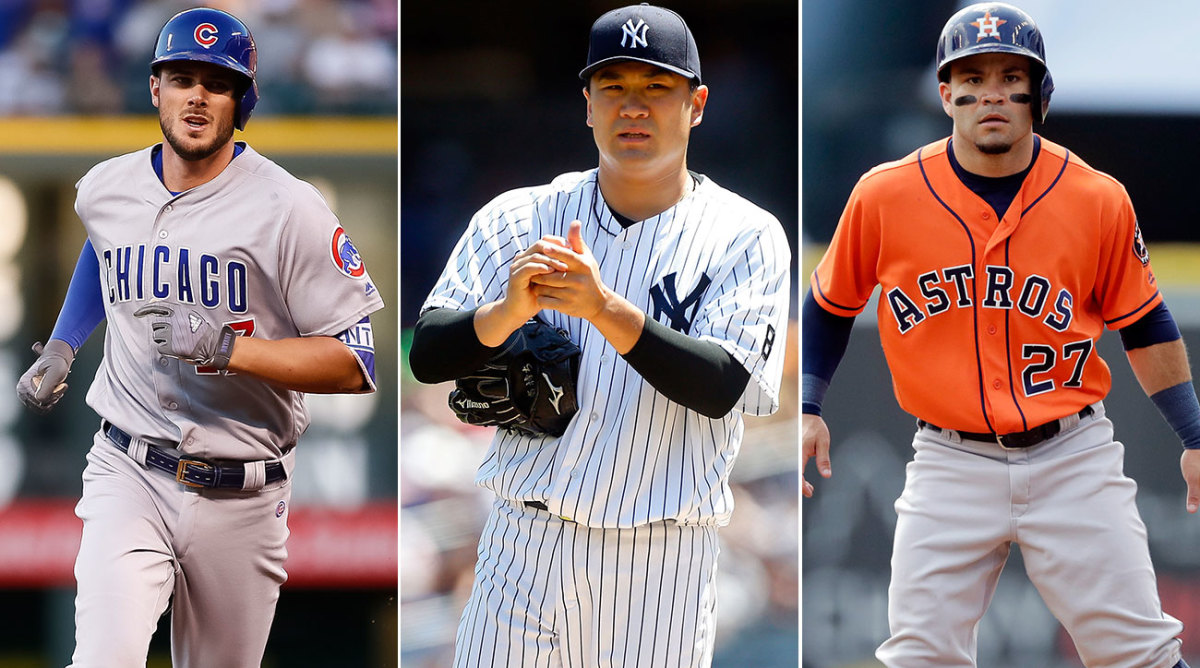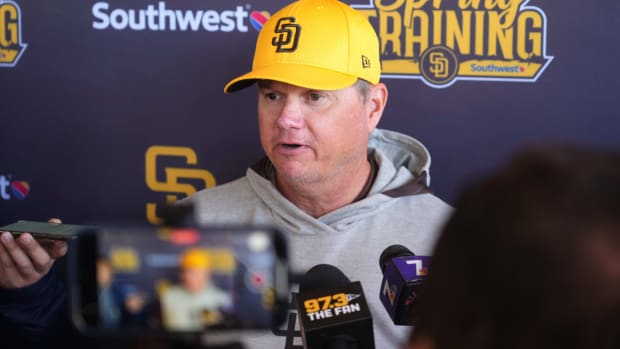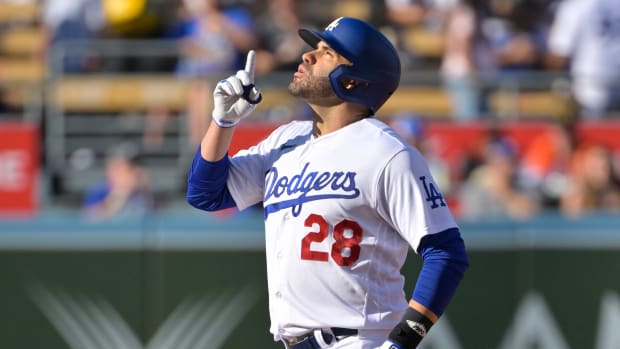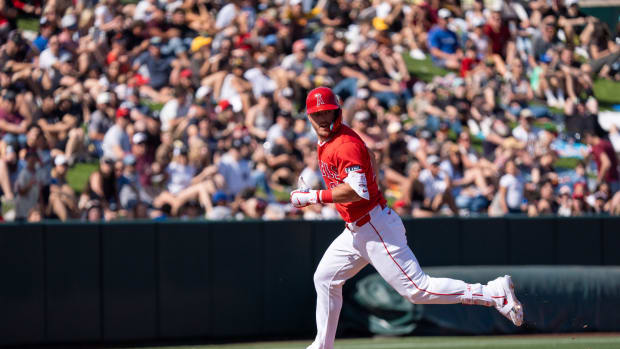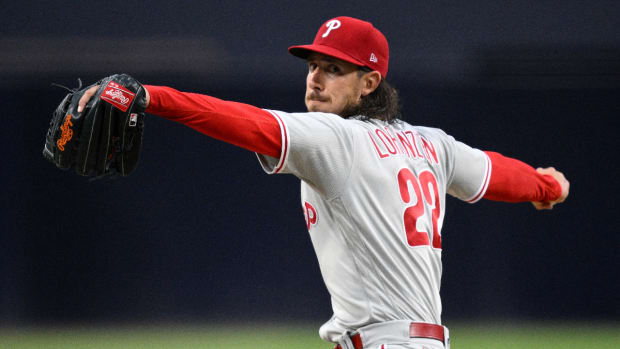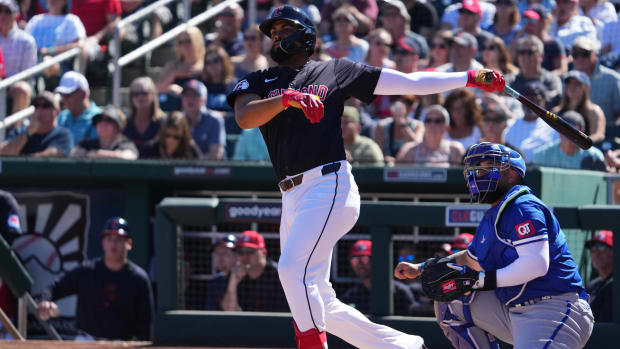The case for MLB to take part in the 2020 Summer Olympics
This story appears in the Aug. 29, 2016 issue of SPORTS ILLUSTRATED. To subscribe to the magazine, click here.
With Rio in the books, it’s time to look ahead to Tokyo, where baseball is among the six sports, including softball, that will be added to the 2020 Summer Games. This presents a golden opportunity for MLB to grow—the most important issue confronting second-year commissioner Rob Manfred.
For all their well-covered pitfalls, the Olympics reach more people in more countries than any other sporting competition in the world. Online streaming could help make the tournament in Tokyo the most-watched baseball event ever.
To capitalize on that audience MLB must permit its superstars—as opposed to the usual collection of minor leaguers and college All‑Americas—to take the global stage for two weeks. That would not only allow the likes of Cubs third baseman Kris Bryant (U.S.), Yankees ace Masahiro Tanaka (Japan) and Astros second baseman Jose Altuve (Venezuela) to represent nations where baseball is already popular but, more important, would also help build interest in the sport elsewhere.
Globally, baseball in 2016 is where basketball was in 1976, and aligning with the Olympic movement could jump-start the game. Somewhere out there is baseball’s Manu Ginóbili or Dirk Nowitzki—it’s now a matter of sparking their interest. In some corners of the world this has begun to happen: Twins outfielder Max Kepler is a native of Berlin; Royals outfielder Paulo Orlando hails from São Paulo.
The 30: Four teams creating late-summer drama in this week's rankings
Manfred has two options. The first, less disruptive, is to allow players to practice for and play in the tournament, starting the week before the Games open in late July, and simply miss their games back in the U.S. MLB might add extra off days during this time to lessen the impact on clubs that have sent players to Tokyo, and it would need to limit the burden any one team might suffer by capping the number of Olympic representatives from each major league team at, say, three.
The second, more radical way is for MLB to shut down for 17 days the way the NHL has for the Olympics since 1998. That would mean the 30 teams (and their regional cable TV overlords) would have agree to give up more than two weeks of games (and programming) in the summer, however. MLB already plays 162 games in 183 days and is hemmed in by cold weather on both ends. Baseball can’t do anything about the tilt of the earth’s axis (although maybe it’s worth asking Mike Trout).
To make this work MLB would need to adjust its 2020 calendar. Dropping the All-Star Game is a start. (Home field advantage in the World Series can be decided by having the reigning league MVPs play rock-paper-scissors.) Then MLB can either cut back to a 154-game schedule or add doubleheaders to remain at 162. Any Olympic initiative will test the owners’ willingness to take a short-term revenue hit in the interest of long-term growth, which could ultimately yield extra TV and merchandising income from overseas. And they’ll have to decide soon: The collective bargaining agreement expires on Dec. 1, so an accord on Olympic participation in ’20 or changes to the schedule will have to be reached in negotiations that have already begun.
The global monolith that is the NBA can be traced back to the 1992 Dream Team. Baseball wouldn’t suffer from the lack of competition that that year’s basketball tournament did—the Dominican Republic, Venezuela, Japan and Cuba would all be threats to beat the U.S. Baseball had a run of five Olympic Games, from 1992 to 2008, that ended in part because it lacked star power. If it’s going to stick this time and have a seismic impact, the sport’s best ambassadors need to be on the field.






























